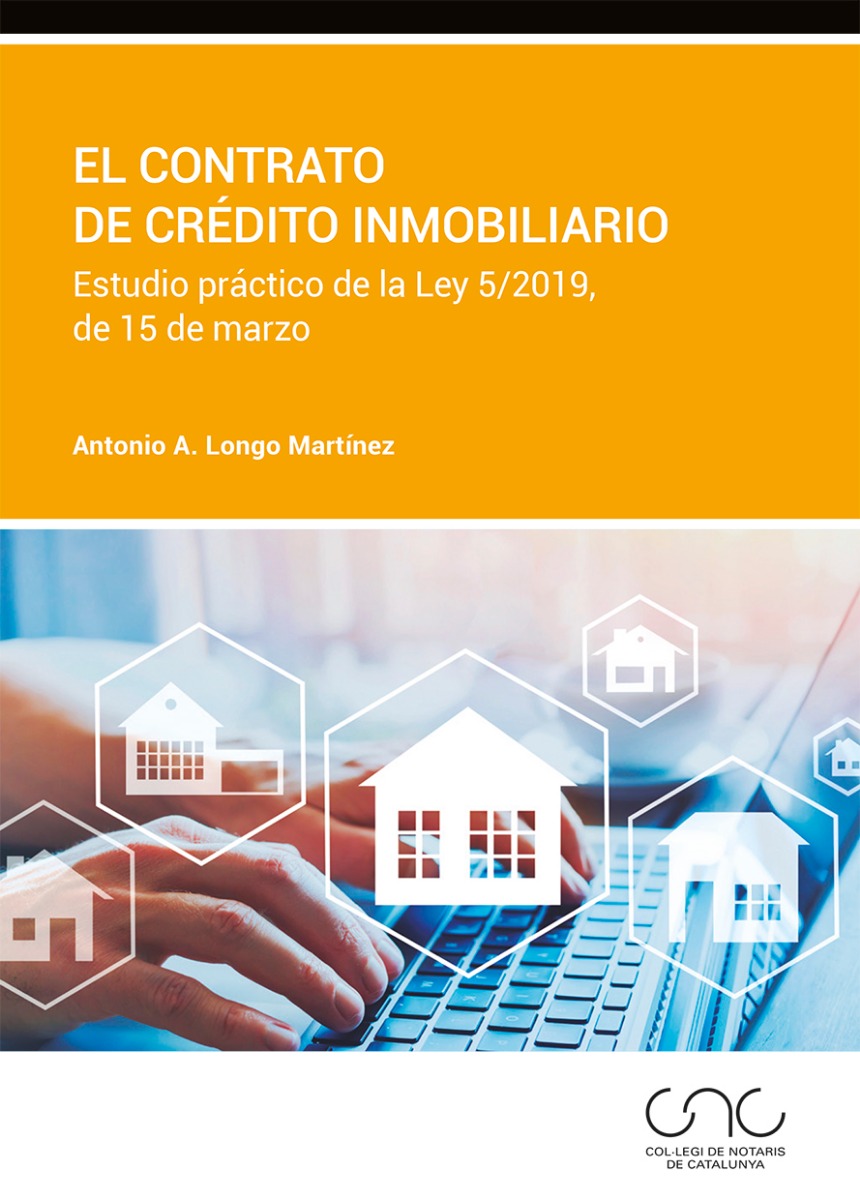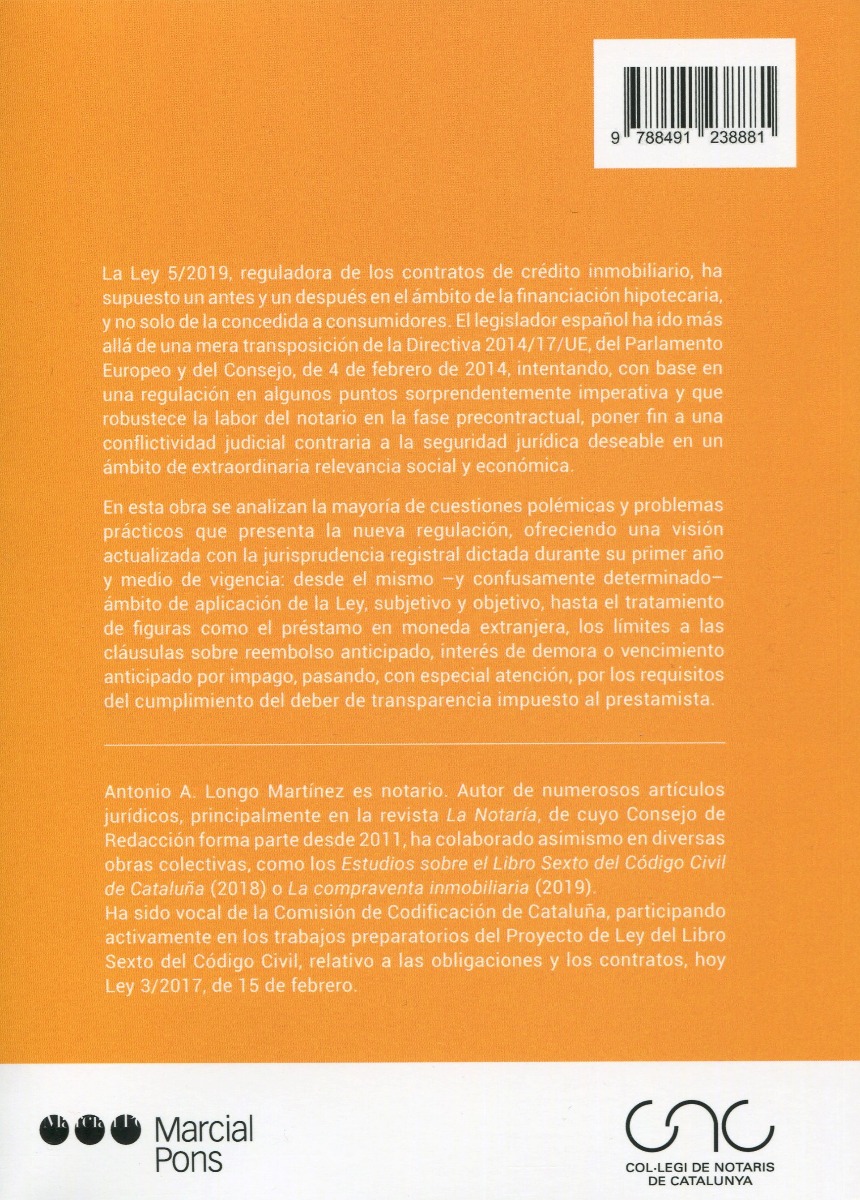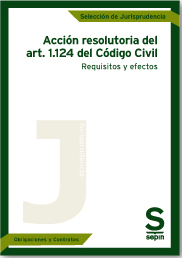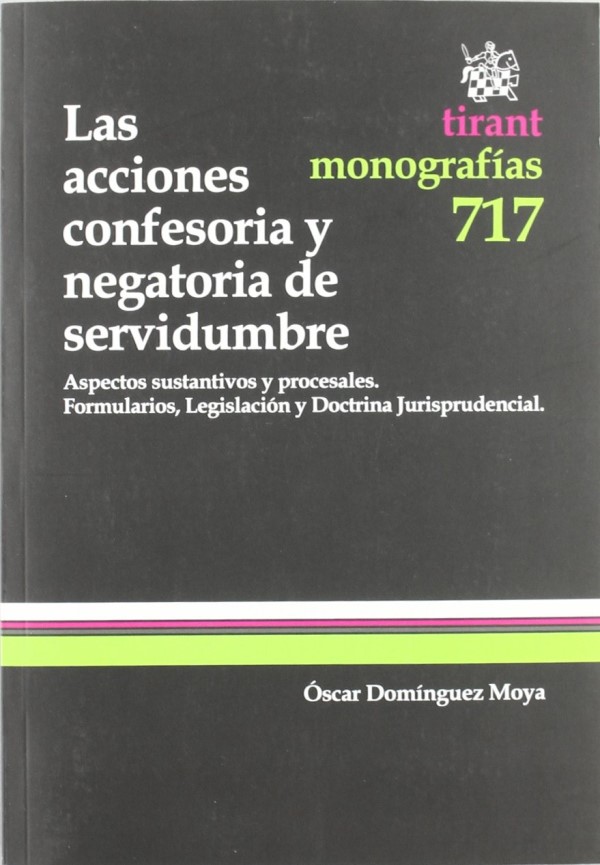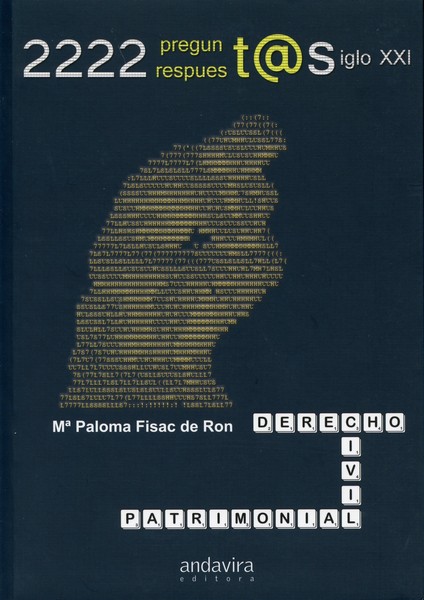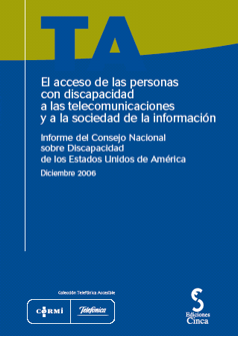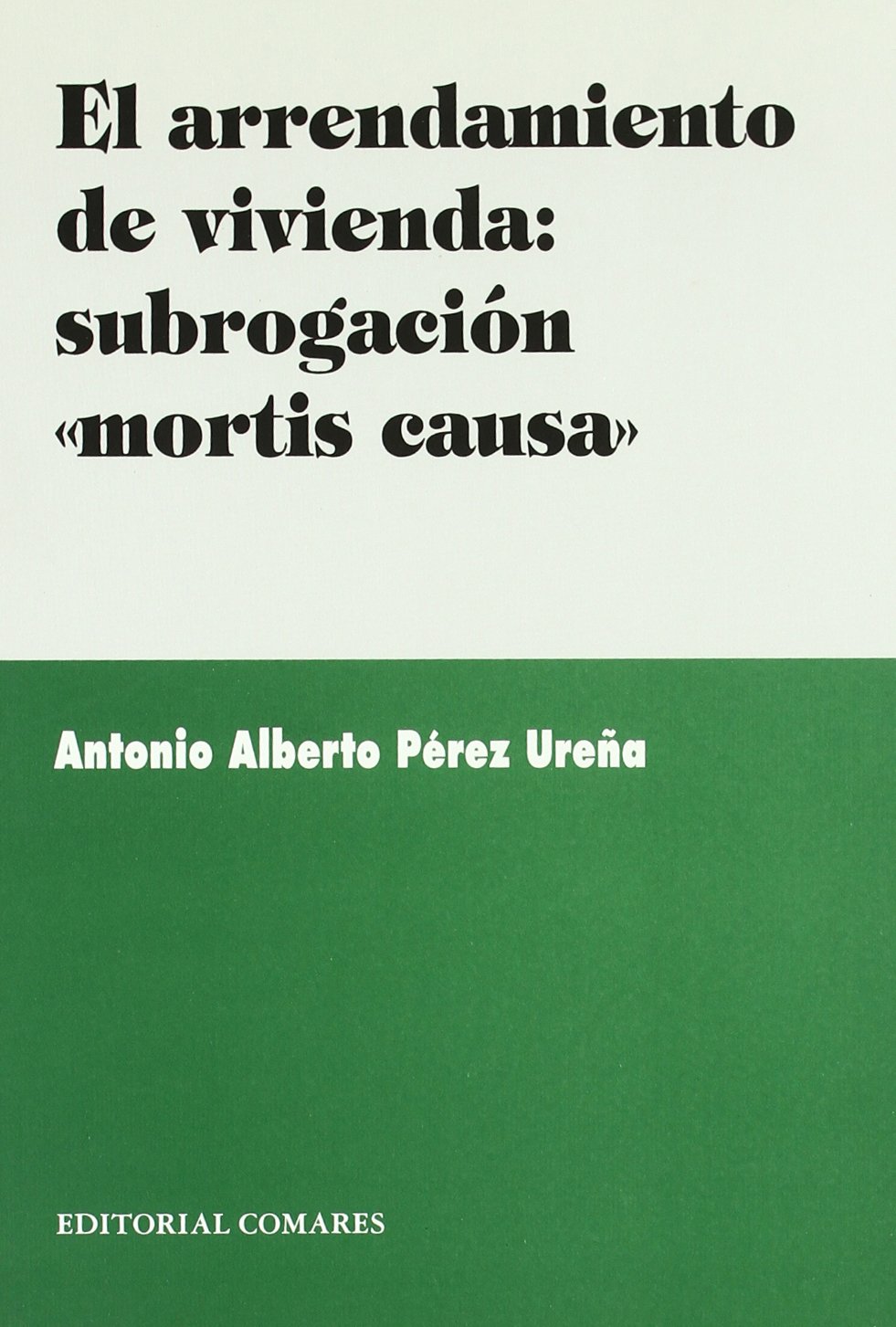La Ley 5/2019, reguladora de los contratos de crédito inmobiliario, ha supuesto un antes y un después en el ámbito de la financiación hipotecaria, y no solo de la concedida a consumidores. El legislador español ha ido más allá de una mera transposición de la Directiva 2014/17/UE, del Parlamento Europeo y del Consejo, de 4 de febrero de 2014, intentando, con base en una regulación en algunos puntos sorprendentemente imperativa y que robustece la labor del notario en la fase precontractual, poner fin a una conflictividad judicial contraria a la seguridad jurídica deseable en un ámbito de extraordinaria relevancia social y económica.
En esta obra se analizan la mayoría de cuestiones polémicas y problemas prácticos que presenta la nueva regulación, ofreciendo una visión actualizada con la jurisprudencia registral dictada durante su primer año y medio de vigencia: desde el mismo -y confusamente determinado- ámbito de aplicación de la Ley, subjetivo y objetivo, hasta el tratamiento de figuras como el préstamo en moneda extranjera, los límites a las cláusulas sobre reembolso anticipado, interés de demora o vencimiento anticipado por impago, pasando, con especial atención, por los requisitos del cumplimiento del deber de transparencia impuesto al prestamista.
CAPÍTULO I. INTRODUCCIÓN
CAPÍTULO II. ÁMBITO DE APLICACIÓN
I. ÁMBITO TEMPORAL
II. ÁMBITO SUBJETIVO
1. Prestamista
2. Clientes
3. Los intermediarios de crédito inmobiliario y sus representantes designados
III. ÁMBITO OBJETIVO DE APLICACIÓN
1. Supuestos incluidos y excluidos
2. Subrogación y novación modificativa
3. Subrogación de acreedor
4. Referencia a la garantía prestada por persona física en préstamo a favor de persona jurídica
IV. SUPUESTOS CON ELEMENTOS DE INTERNACIONALIDAD
1. Préstamos otorgados por prestamista residente en España
2. Préstamos otorgados por prestamista residente en el extranjero
3. Préstamo concedido a un consumidor
V. ALGUNOS SUPUESTOS DUDOSOS
1. Compraventa con precio aplazado
2. Leasing inmobiliario
3. Hipoteca en garantía de aval
4. Superposición de garantía
5. Préstamo a favor de cooperativa de viviendas
6. Liquidación de sociedad mercantil con adjudicación de inmueble hipotecado al socio
VI. RELACIÓN CON LA NORMATIVA AUTONÓMICA
CAPÍTULO III. CONTRATO DE CRÉDITO INMOBILIARIO Y PRÉSTAMO DE CONSUMO
I. LA CONDICIÓN DE CONSUMIDOR. SU APRECIACIÓN POR NOTARIO Y REGISTRADOR
II. LA PERSONA JURÍDICA CONSUMIDORA
III. LA PROTECCIÓN DEL CONSUMIDOR EN LOS PRÉSTAMOS NO SUJETOS A LA LCCI
1. Gastos
2. Práctica de ventas vinculadas
3. Préstamo en divisas
4. Límites a la variación del tipo de interés
5. Comisión por reembolso anticipado
6. Vencimiento anticipado por impago
7. Interés de demora
8. Comisión de reclamación de impagados
CAPÍTULO IV. NORMAS DE PROTECCIÓN AL PRESTATARIO
I. PRINCIPIOS DE ACTUACIÓN
II. INFORMACIÓN GENERAL: LA FIPRE
III. DEPÓSITO DE FORMULARIOS EN EL REGISTRO DE CONDICIONES GENERALES DE LA CONTRATACIÓN
IV. CÁLCULO DE LA TAE
V. INFORMACIÓN PERSONALIZADA: LA FEIN
VI. EL ANÁLISIS DE SOLVENCIA
VII. TASACIÓN DE LOS INMUEBLES
VIII. CONTROL DE TRANSPARENCIA MATERIAL
1. El principio de transparencia material
2. El control de transparencia material en la LCCI
3. Obligaciones del prestamista
4. Obligaciones del prestatario
5. Obligaciones del notario: el acta del art. 15 LCCI
6. Efectos del incumplimiento del deber de transparencia material
7. Breve análisis crítico
CAPÍTULO V. LÍMITES LEGALES A DETERMINADAS CLÁUSULAS CONTRACTUALES
I. DISTRIBUCIÓN DE GASTOS (Art. 14.1)
II. COMISIÓN DE APERTURA (Art. 14.4)
III. PRÁCTICAS DE «VENTAS VINCULADAS» Y «COMBINADAS» (Art. 17)
IV. REEMBOLSO ANTICIPADO (Art. 23)
1. Derecho al reembolso anticipado
2. Derecho a la información sobre las consecuencias del reembolso
3. Derecho a la reducción de costes
4. La comisión por reembolso anticipado
5. Cuestiones de ámbito temporal
V. VENCIMIENTO ANTICIPADO (Art. 24)
1. El vencimiento anticipado por impago regulado en el art. 24 LCCI
2. Ámbito de aplicación del art. 24
3. Carácter imperativo de la regulación
4. Aplicación retroactiva
5. Otras posibles causas de vencimiento anticipado
6. Referencia a la ejecución de hipoteca en reclamación limitada a parte del capital o de los intereses
VI. INTERESES DE DEMORA (Art. 25)
1. Ámbito de aplicación del art. 25
2. Carácter imperativo de la regulación
3. Relación del pacto de interés de demora con otras condiciones del contrato
CAPÍTULO VI. Control de cláusulas abusivas
I. NOVEDADES INTRODUCIDAS POR LA LCCI
II. ACTUACIÓN DE NOTARIOS Y REGISTRADORES
BIBLIOGRAFÍA
Edited by Aileen McHarg, Professor of Public Law, University of Strathclyde, Tom Mullen, Professor of Law, University of Glasgow, Alan Page, Professor of Public Law, University of Dundee, and Neil Walker, Regius Professor of Public Law and the Law of Nature and Nations, University of Edinburgh
Aileen McHarg is Professor of Public Law at the University of Strathclyde. She has written extensively on Scots and UK public law, and participated actively in the referendum debate. Together with the other editors of this volume, she was a founding member of the Scottish Constitutional Futures Forum. She is also a member of the Law Society of Scotland’s Constitutional Law Sub-Committee, an executive member of the UK Constitutional Law Association, and Analysis Editor of the Edinburgh Law Review.
Tom Mullen is Professor of Law at the University of Glasgow. His research interests include constitutional law, administrative law and housing law, and he has written widely on these subjects. In the last few years, he has been working extensively on constitutional change in the UK.
Alan Page is Professor of Public Law at the University of Dundee. He has written extensively on the constitutional law and governance of Scotland since devolution and the independence referendum.
Neil Walker is Regius Professor of Public Law and the Law of Nature and Nations at the University of Edinburgh, having previously been Professor of European Law at the European University Institute. He has written extensively on matters of UK, European, and transnational constitutional theory and practice. He is a Fellow of the British Academy and also of the Royal Society of Edinburgh. He is general editor of the OUP monograph series Oxford Constitutional Theory.
Contributors:
Nicholas Aroney is Professor of Law at TC Beirne School of Law, University of Queensland.
Christine Bell is Professor of Constitutional Law at Edinburgh Law School, University of Edinburgh.
Sionaidh Douglas-Scott holds the Anniversary Chair in Law at Queen Mary University of London. She is also the co-director of the Centre for Law and Society in a Global Context.
Jim Gallagher is Visiting Professor at the University of Glasgow, and Nuffield Associate Member at Nuffield College, University of Oxford.
Colin Kidd is a Professor at the University of St Andrews.
Nicola McEwen is Professor of Territorial Politics at the University of Edinburgh, and Associate Director for ESRC Scottish Centre on Constitutional Change.
Aileen McHarg is Professor of Public Law at the University of Strathclyde
James Mitchell is Professor of Public Policy Academy of Government at the University of Edinburgh.
Tom Mullen is Professor of Law at the University of Glasgow.
Alan Page is Professor of Public Law at the University of Dundee.
Malcolm Petrie is an Early Career Fellow in the School of History, Classics, and Archaeology at the University of Edinburgh.
Andrew Scott is Professor of European Union Studies at the University of Edinburgh.
Dr Andrew Tickell is a Lecturer at the Glasgow School for Business and Society.
Stephen Tierney is Professor of Constitutional Theory at the University of Edinburgh.
Neil Walker is Regius Professor of Public Law and the Law of Nature and Nations at the University Of Edinburgh.

